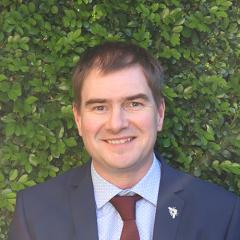Seabirds are well-known bioindicators of marine health, and can serve as a proxy to understand what is happening in the broader environment where they are living and breeding. They are long-lived species with a wide foraging distribution and are apex predators, leading to sometimes high levels of persistent organic pollutants and a vulnerability to plastic ingestion and entanglement. Globally, at least 44% of seabird species are known to ingest plastics, and understanding the abundance of plastics in seabird populations can give insight into plastic pollution in specific regions. Antarctica is envisioned as a pristine, clean environment largely unaffected by human activities. In recent years, the impacts of climate change, pollution, and overfishing have become apparent in this region.
Here, we aim to understand the presence of emerging contaminants like plastics and their associated chemicals in seabirds living and breeding in remote, largely inaccessible areas in East Antarctica. Our focal populations of seabirds inhabit islands around Davis and Mawson stations, including Adelie penguins and south polar skuas, as well as Emperor penguins at Auster breeding colony in Mac. Roberston Land. Samples collected include seabird scats, boluses, and whole carcasses, where we will assess whether contaminants are present within the gastrointestinal tract and in various organs.
This research will help develop understanding of emerging contaminants in these isolated populations of seabirds, and what types of contaminants are dominant. Establishing this baseline will enable us to monitor whether contaminants are increasing in these populations, and also observe impacts on animal health and breeding.
Research Impact
This project has a strong engagement with the Australian Antarctic Program, with main collaborations with the Seabird Research Group and assistance from the Mawson Station 77th ANARE.




